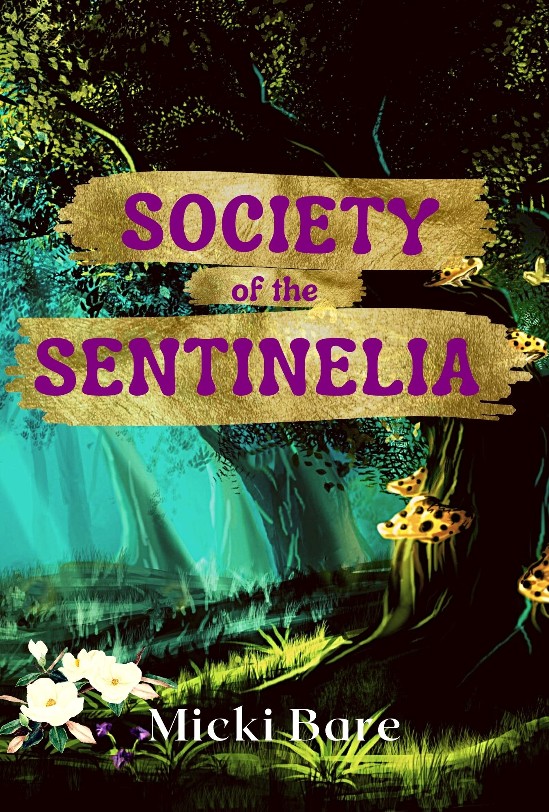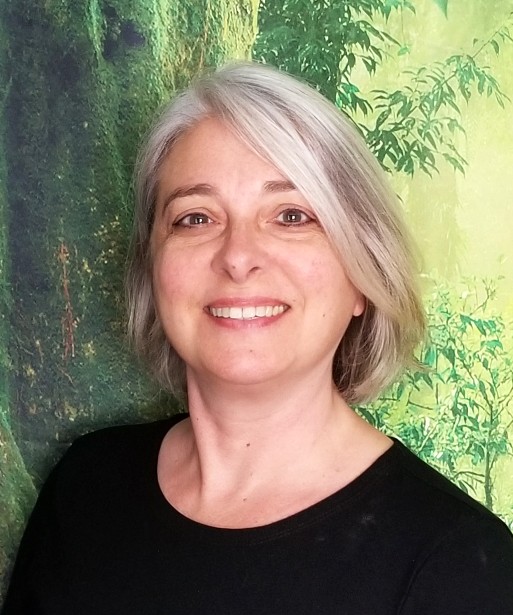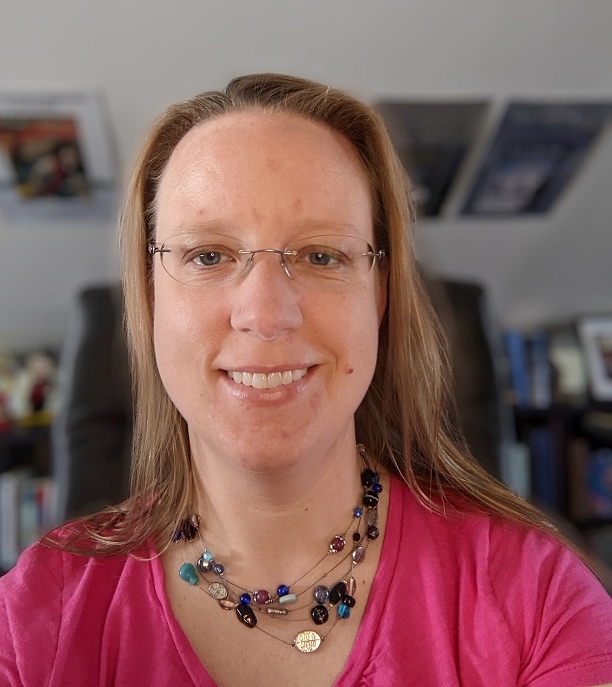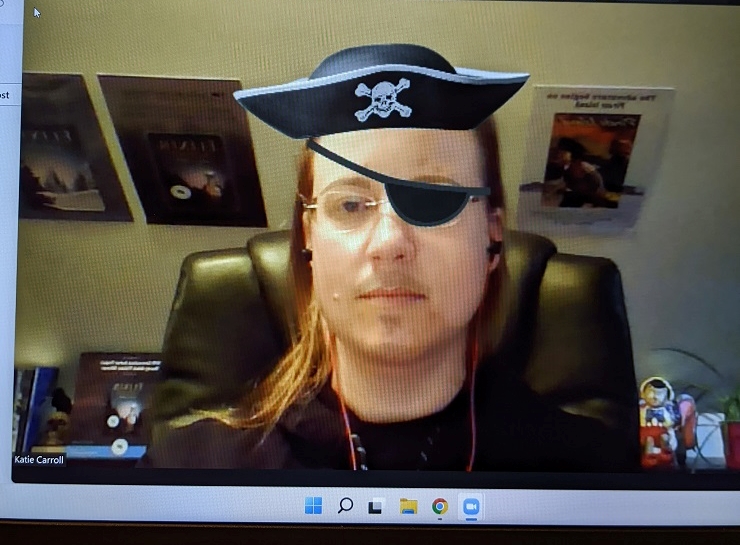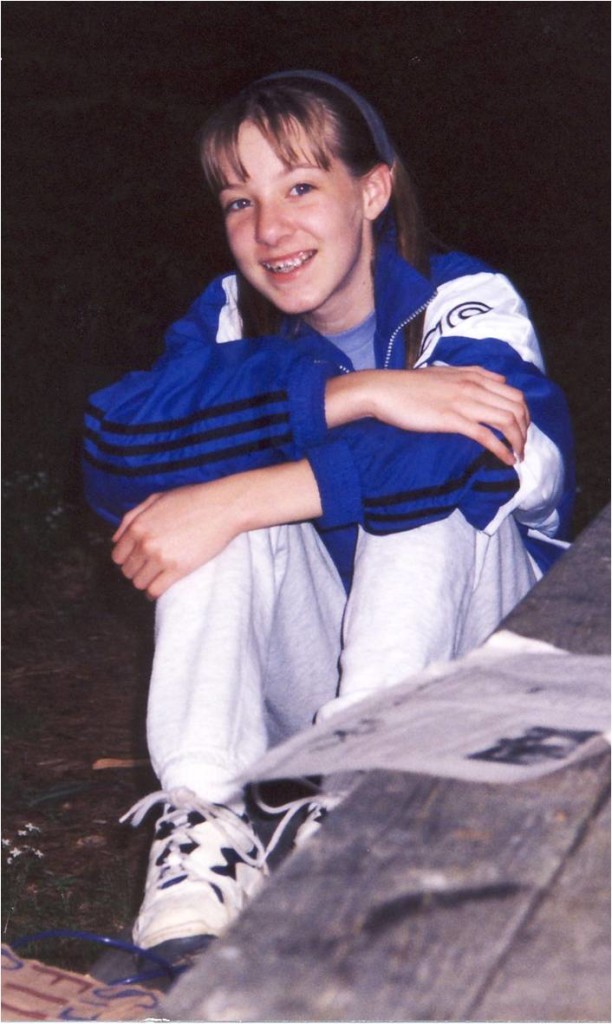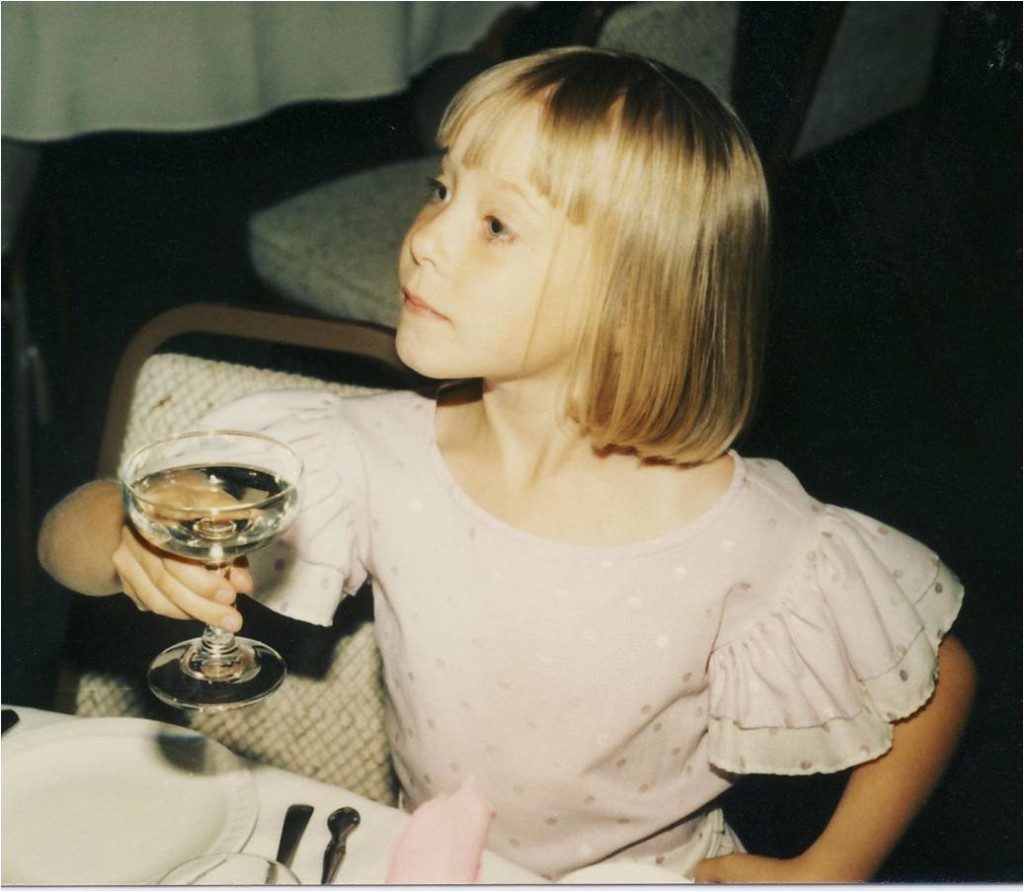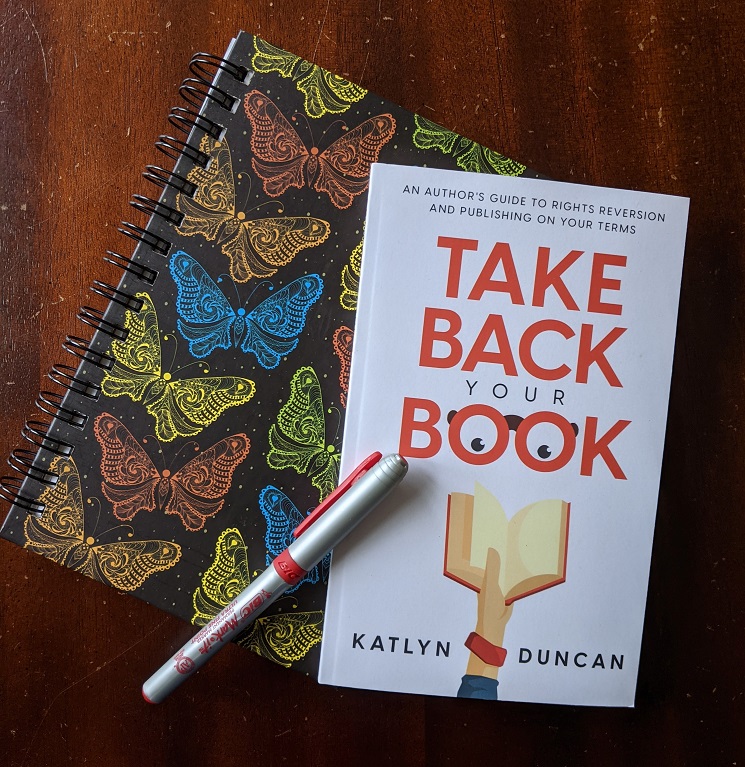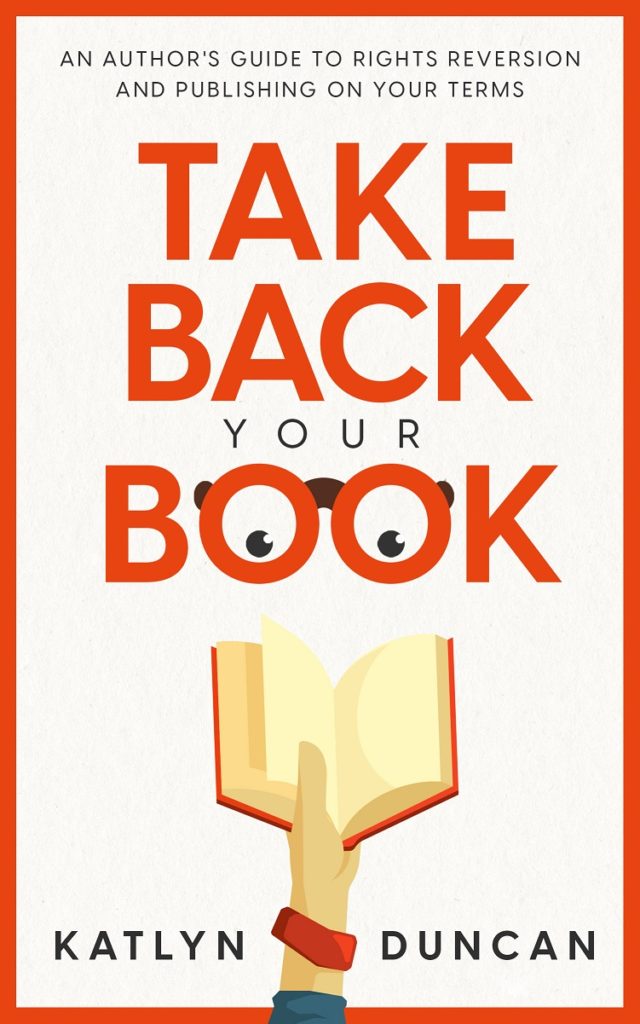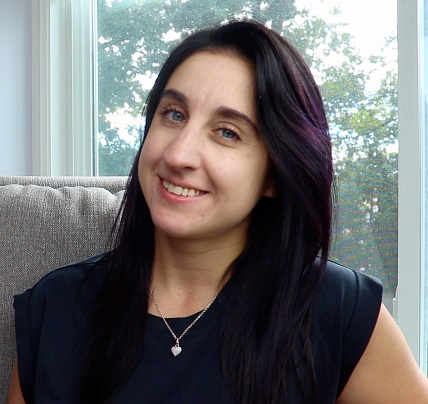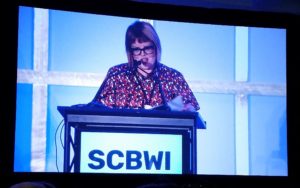I’m very happy to have children’s author Micki Bare on the blog to talk about the writing life and her latest release, the middle grade novel SOCIETY OF THE SENTINELIA. Welcome, Micki!
What do fairy tea, gardening, and closet karaoke have in common?
Let’s start with the fairy tea. I recently discovered it in a boutique shop a few blocks from my house. It smells amazing and is quite soothing after a long day of work on top of author obligations. It’s whimsical, yet practical. It occupies all my senses as I sip.
Next we have gardening. My hubby built a new raised bed this year. The tomato plants are heavy with green fruit. The cucumber and pepper plants I grew from seeds tossed in the soil are huge and healthy. The grapevine I planted last year has dozens of clusters bursting forth. The plants require almost daily attention, pulling me outside into weather of all sorts.
Then there’s closet karaoke. That’s when I crank up the music on our Echo Show (it displays lyrics) and I belt out my favorite tunes along with the artist. I do this when no one is home. When I’m writing, editing, or working, I have the music on in the background. But when a song jolts me into the present with a blast from my past, I have to get up and sing. I stand, I stretch, and I forget everything except the lyrics as scenes from the 30-something-year-old music video flash through my memory.
If you haven’t figured it out yet, fairy tea, gardening, and closet karaoke are distractions. And while distractions often get a bad rap, they also have a glass-half-full side. Distractions can reignite creativity. They can ease the messy, uncomfortable aspects of life. Distractions can also help an author who is on the precipice of a book release maintain their sanity.
Writing a book is a huge accomplishment. If you also want your work “out there,” being an author includes the publishing process and marketing. Many authors, like me, also work full time. When I signed the contract for my Zahra of the Uwharries middle grade series in August 2021, I essentially took on a second full time job.
When you write, edit, and market before work, then write, edit, and market after work, and then write, edit, and market on weekends and holidays to make your dream a reality, you can burn out. You can become a little batty. You can run out of every ounce of steam. That’s why you need distractions.
My closet karaoke habit, which I developed as a tween with my boom box and my version of lyrics, gives me an extra boost of energy. It also cranks up feel-good hormones, which help authors overcome imposter syndrome.
My thumb wasn’t always green, but I enjoy being out in the dirt so much that I’ve gotten better over time. The smell of dirt, vegetable plants, and herbs always makes me feel better. That feeling of accomplishment when I pick herbs for Friday pizza or harvest tomatoes and squash for summer recipes fills me with hope, inspiration, and resolve to make healthy choices.
Discovering the fairy tea a week before the release of the first book, Society of the Sentinelia, was serendipity. I’m going from the moment I wake up until I try to sleep at night. The tea pulls me away from the chaos without pesky ‘I’m wasting time I need to be doing something’ guilt tied to it. Technically, because it’s called fairy tea, I’m researching a product I can use in my marketing or networking endeavors. For example, I may bring some to the session I’m presenting at the SCBWI-Carolina’s fall 2022 conference and give it away as a door prize. Or maybe I’ll send fairy tea to my editor as a thank you.
You don’t have to be a crazy busy writer to need distractions in your life. We’re all busy and we all need the oasis of a rejuvenating break now and again. Reading is another great distraction. For tweens (and adults, too), I humbly recommend Society of the Sentinelia. And while you’re busy reading, discussing, and recommending it, I’ll be knee-deep into book 2, THE BLIND FAIRY, due out May 2023.
SOCIETY OF THE SENTINELIA blurb:
Zahra, a sprite-like tween no bigger than a loblolly pinecone, befriends an 11- year-old human on a quest to find her parents and sister. When a neighbor muddles their plans, kidnaps Zahra, and threatens her new friend, Zahra discovers unnerving truths about herself and her family.
Set in the Birkhead Wilderness of the Uwharrie Mountains in central North Carolina, Society of the Sentinelia is the first book in the Zahra of the Uwharries series that chronicles Zahra’s unique and critical role in saving her species.
Buy Link: https://tinyurl.com/yc4myafz
About the Author:
Micki Bare is a graduate of N.C. State University. In addition to Society of the Sentinelia, she’s the author of three early reader chapter books and has short stories published in two anthologies. She wrote a weekly human-interest column for 18 years and published articles in Thrive Magazine, Piedmont Parent, Asheboro Magazine, and Our State. Her career in early childhood spans more than two decades, with service as a teacher, administrator, and marketing director. She currently serves as the Director of Marketing and Community Engagement for Randolph Partnership for Children. She has three grown sons. She and her husband, Dave, live in central North Carolina.
Visit her website at www.mickibareauthor.com or connect with her on social media: Twitter @turtleauthor, TikTok @inspiredscribe, Facebook @MickiBareAuthor, Instagram @mickibare.
Her main character in her middle grade novels also has an Instagram account: @Zahra_Aylward.
